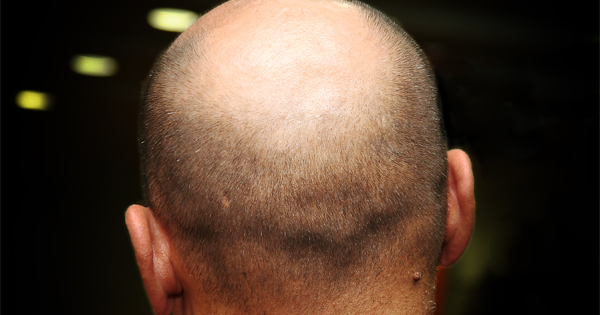Advertisement
Weird connections between treating one condition and another are made every day.
We don’t know why they happen, but they do, and often it’s easiest to just embrace it.
It looks like this may now be the case with hair loss treatment. Immunosuppressive drugs that are used to treat arthritis and blood cancer have now been found to treat hair loss in patients with alopecia.
Last year, the idea was presented by dermatologist Angela Christiano that JAK inhibitors could assist hair growth In alopecia patients.
Alopecia is a disease in which the immune system attacks hair follicles. The thought process is that immunosuppressive drugs can prevent the immune system from doing this.
And that’s just what they did.
Though this is the outcome they wanted, Christiano says she and her team were still pretty shocked by the results.
“Th surprise was when we started using the drugs on alopecia areata patients, when we used them topically the hair grew back much faster and more robustly than it did orally. That really got us thinking how that can be. It’s a little counterintuitive,” Christiano said to NBC News.
The trick, she says, is that the JAK inhibitors “promote the resting state of the hair follicle,” allowing it to enter the “hair cycle” again. When used topically on bald humans and mice, new hair sprouted in around ten days, the first ever treatment to have this rapid of a result.
This treatment may even help with male pattern baldness, but not yet. Because it’s an immunosuppressant, it can leave patients vulnerable to infections, so it can’t yet be used topically. But researchers are already looking into patents for use as a treatment for alopecia, so there’s something to look forward to.




